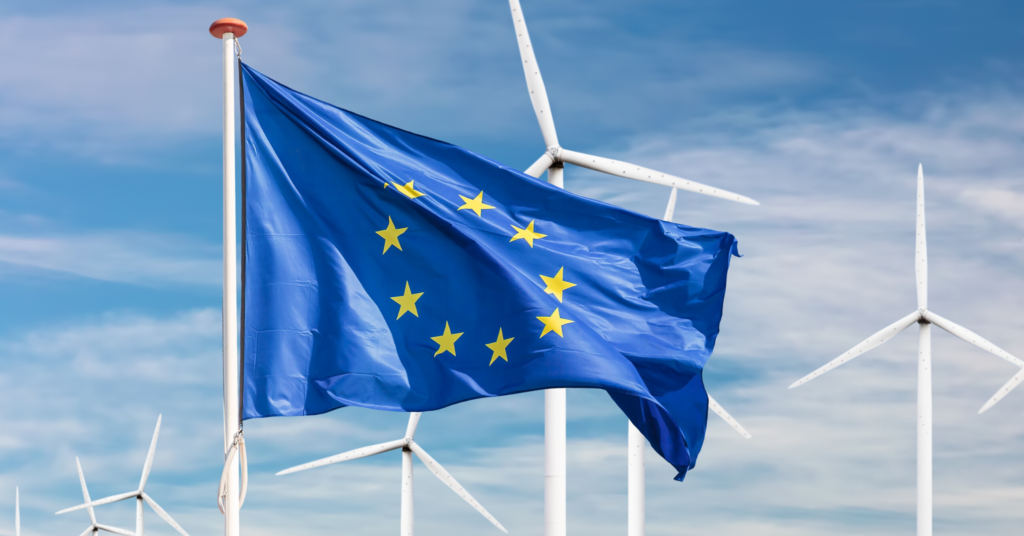EU Approves Deal to Raise Renewable Energy Target to 42.5% of Total Consumption by 2030

|
Listen to this story:
|
- Renewables will have to make up 42.5% of the EU’s energy consumption by 2030, with the aim of achieving 45%
- Faster approval procedure for deploying renewables
- New fuels in the transport sector should lead to a 14.5% reduction of its greenhouse gas emissions
EU Parliament voted to boost the deployment of renewable energy, in line with the Green Deal and REPowerEU plans.
The update of the Renewable Energy Directive (RED), already agreed upon between MEPs and Council, raises the share of renewables in the EU’s final energy consumption to 42.5% by 2030. Member states should strive to achieve 45%.
The legislation will also speed up procedures to grant permits for new renewable energy power plants, such as solar panels or wind turbines, or to adapt existing ones. National authorities should take no longer than 12 months to approve new renewable energy installations, if located in so-called “renewables go-to areas“. Outside such areas, the process should not exceed 24 months.
In the transport sector, renewables deployment should lead to a 14.5% reduction by 2030 in greenhouse gas emissions, by using a greater share of advanced biofuels and a more ambitious quota for renewable fuels of non-biological origin, such as hydrogen.
Related Article: EU Cracks Down on Fast Fashion Waste
MEPs also secured that member states set an indicative target for innovative renewable energy technology of at least 5% of newly installed renewable energy capacity, as well as a binding framework for cross-border energy projects. They pushed for stricter criteria on the use of biomass to ensure that the EU does not subsidise unsustainable practices. Biomass harvesting should be done in a way that prevents negative impacts on soil quality and biodiversity.
Lead MEP Markus Pieper (EPP, DE), said: “In our pursuit of greater energy independence and CO2 reduction, we have raised our renewable energy targets. This directive is evidence that Brussels can be unbureaucratic and pragmatic. We have designated renewables as an overriding public interest, streamlining their approval process. Our focus encompasses wind power, photovoltaics, hydropower, geothermal energy, and tidal currents. Biomass from wood will remain classified as renewable energy. Under the principle of ‘Positive silence’, investments will be deemed approved in the absence of administrative feedback. We now urgently need an EU electricity market design and an immediate shift to hydrogen for a greener transition”.
Next steps
The legislation was adopted with 470 votes to 120, with 40 abstentions. It will now have to be formally endorsed by Council in order to come into law.










